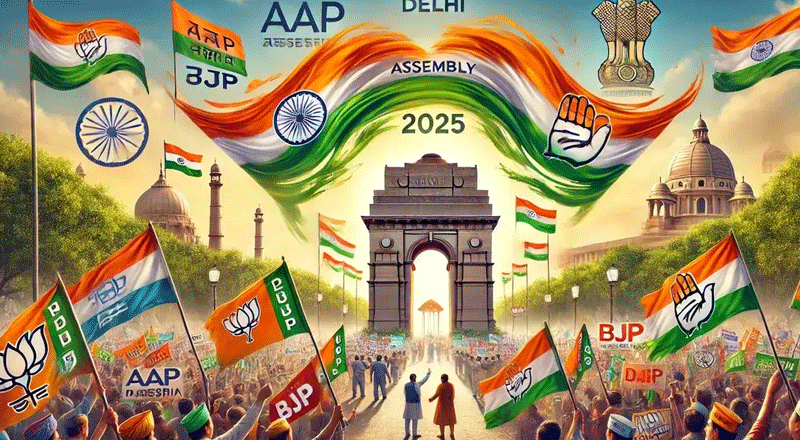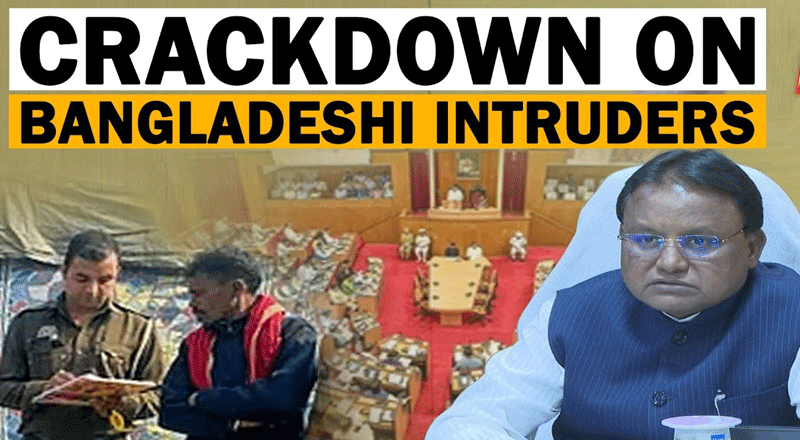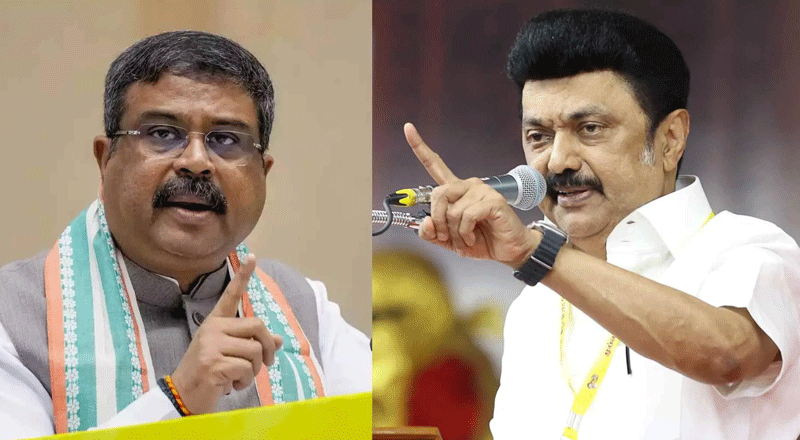A Historic Political Shift in the Capital
In a landmark political development, the Bharatiya Janata Party (BJP) is going to secure a decisive victory in the Delhi Assembly elections, marking its return to power in the National Capital Territory after a 27-year hiatus. This significant win not only reshapes the political landscape of Delhi but also underscores the BJP’s growing influence across India’s urban centers.
Election Outcome: A Resounding Mandate
The BJP has achieved a majority in the 70-member Delhi Assembly, signaling a clear mandate from the electorate. As of the latest reports, the party is leading in 46 seats, surpassing the majority mark of 36 seats required to form the government. In contrast, the Aam Aadmi Party (AAP), which had dominated the previous two terms, is leading in 24 constituencies, while the Congress party has not secured a lead in any seat.
Key Contests: Notable Battles and Outcomes
One of the most closely watched contests was in the New Delhi constituency, where BJP’s Parvesh Verma faced off against AAP’s national convenor and former Chief Minister Arvind Kejriwal. After a series of fluctuating leads during the counting process, Verma emerged victorious, defeating Kejriwal by a margin of over 3,000 votes. This defeat marks a significant setback for Kejriwal and the AAP, which had previously held a stronghold in the capital.
Factors Contributing to BJP’s Victory
Several factors have been attributed to the BJP’s successful campaign:
Strategic Leadership and Campaigning: Prime Minister Narendra Modi played a pivotal role in the campaign, with his leadership and vision resonating with the voters. The party’s promises of development and good governance struck a chord with the electorate.
Policy Promises and Governance Model: The BJP’s commitment to a “double-engine government,” ensuring synergy between the state and central administrations, appealed to voters seeking cohesive and efficient governance.
Public Sentiment and Desire for Change: After two consecutive terms under AAP, there was a palpable desire among the electorate for change, with many voters expressing confidence in the BJP’s ability to address pressing issues and drive development.
Implications of the Election Results
The BJP’s return to power in Delhi carries significant implications:
Governance and Policy Direction: With control over the Delhi Assembly, the BJP is poised to implement its policies and development agenda, potentially leading to significant changes in the city’s governance and infrastructure projects.
Impact on Opposition Parties: The election results represent a major setback for the AAP, which had enjoyed substantial support in Delhi over the past decade. The Congress party’s continued decline, failing to secure any seats, further diminishes its influence in the capital.
National Political Landscape: The BJP’s victory in Delhi reinforces its dominant position in Indian politics and may influence upcoming state elections, as well as strategies of other political parties.
A New Chapter for Delhi
The BJP’s resounding victory in the Delhi Assembly elections marks the beginning of a new chapter for the capital. As the party prepares to form the government after a 27-year interval, citizens and political observers alike will be keenly watching how the BJP fulfils its campaign promises and addresses the challenges facing Delhi. This electoral outcome not only reflects the dynamic nature of India’s democracy but also sets the stage for potential shifts in the nation’s political trajectory in the years to come.
(With inputs from agencies)





